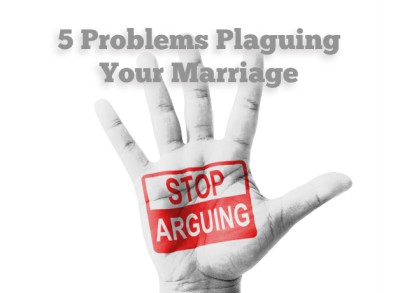STOP The Fishing Expedition
https://savethemarriage.com/stmblog/wp-content/themes/corpus/images/empty/thumbnail.jpg 150 150 Lee H. Baucom, Ph.D. Lee H. Baucom, Ph.D. https://secure.gravatar.com/avatar/669b7e375d93f77521ddaba08adb8063?s=96&d=blank&r=pg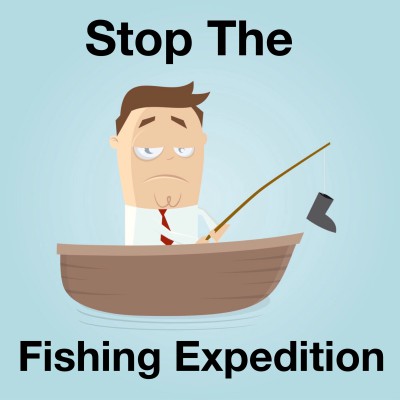 You may just be on a fishing expedition, and not even realize it!
You may just be on a fishing expedition, and not even realize it!
If you are trying to get your spouse to respond, trying to get some feedback from your spouse, you are on a fishing expedition!
You probably won’t attract what you want. And you may scare away what you most want to attract.
Do you think you might be on a “fishing expedition”? Listen in to this week’s podcast and see if you are fishing. . . and what to do if you ARE!
RELATED RESOURCE:
Gary Chapman Interview
Save The Marriage System
Podcast: Play in new window | Download
Subscribe: RSS
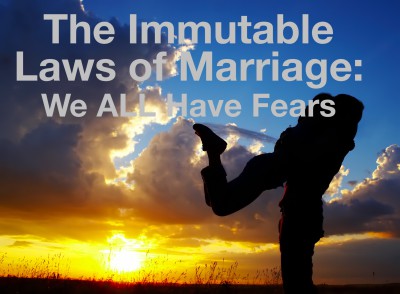
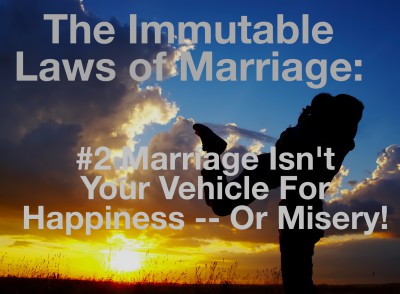 Many people enter a marriage, assuming their marriage will make them happy. Too many “Happily ever after movies,” perhaps.
Many people enter a marriage, assuming their marriage will make them happy. Too many “Happily ever after movies,” perhaps.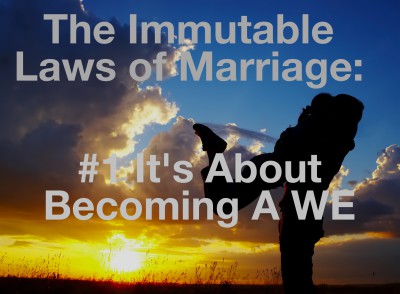
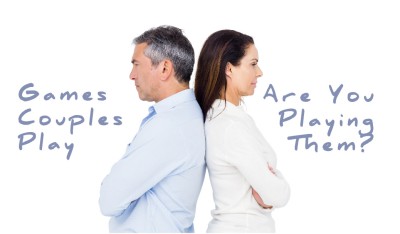 Games should be fun. But the games we are talking about today are NOT fun.
Games should be fun. But the games we are talking about today are NOT fun.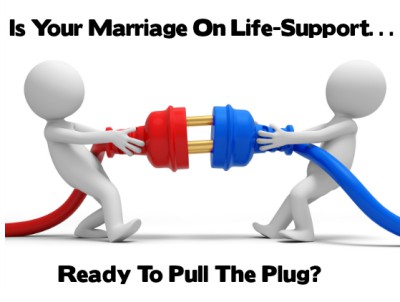 Is your marriage on life support? You keep watching as the life slowly leaks away from your relationship. Maybe you feel powerless to turn it around. But is it too late?
Is your marriage on life support? You keep watching as the life slowly leaks away from your relationship. Maybe you feel powerless to turn it around. But is it too late?